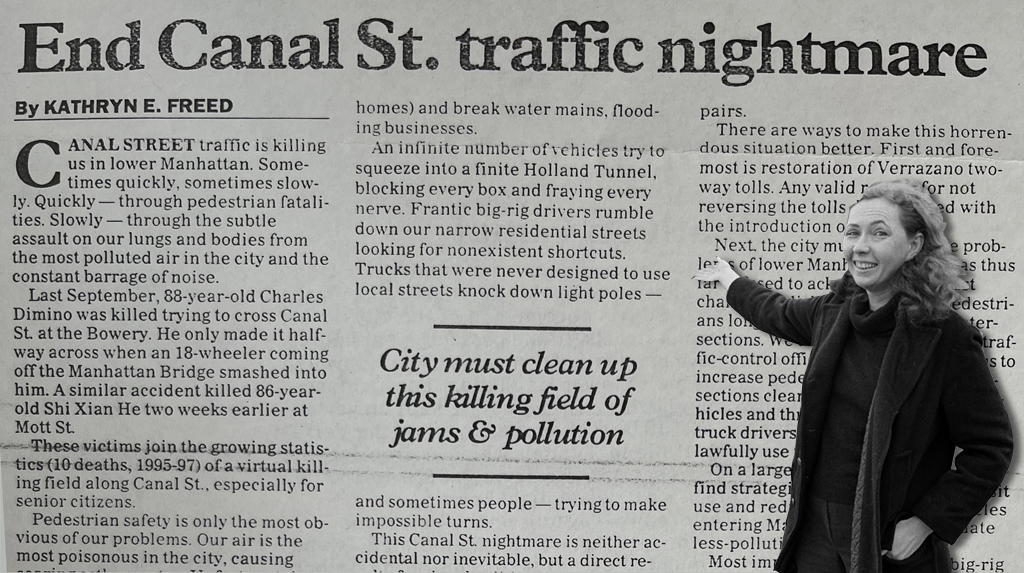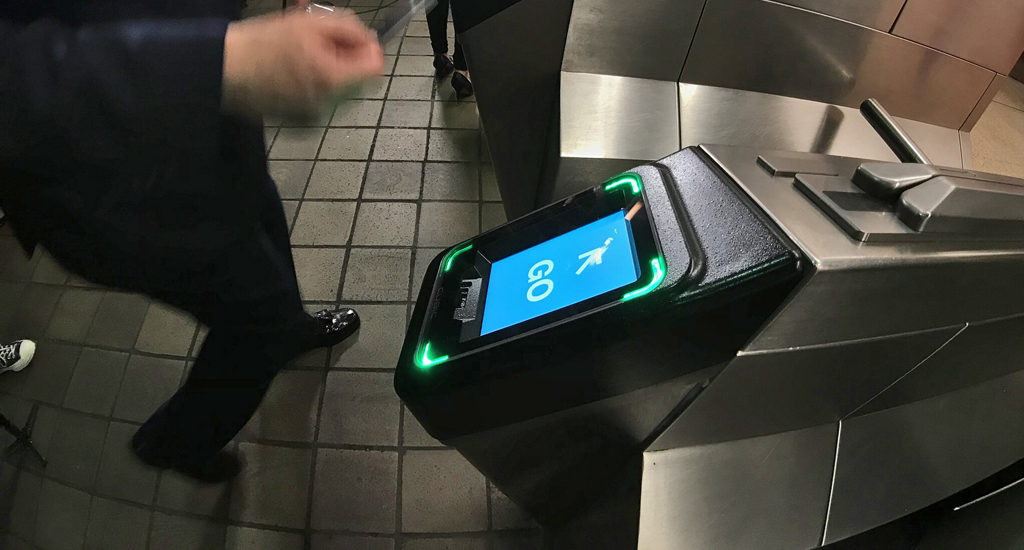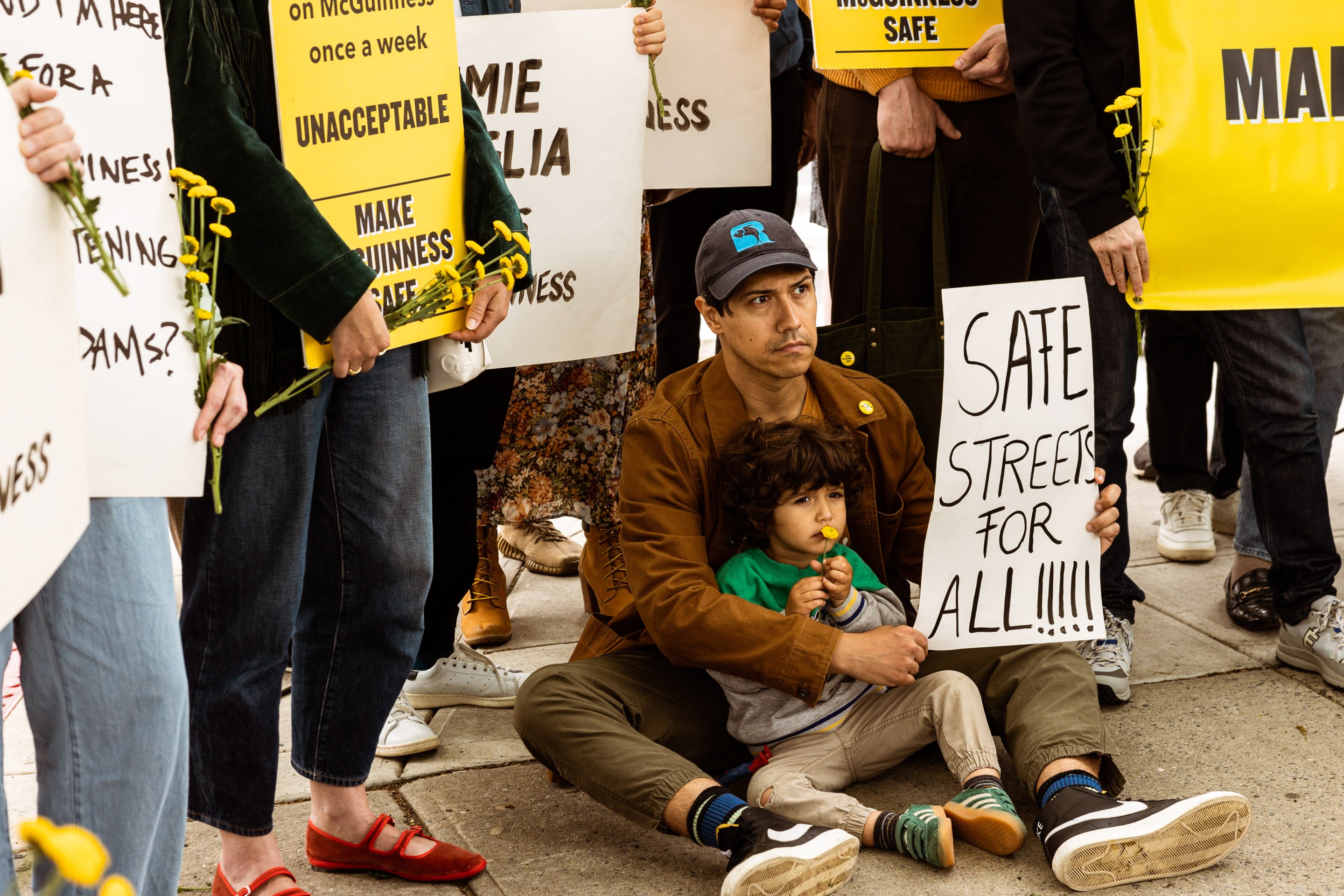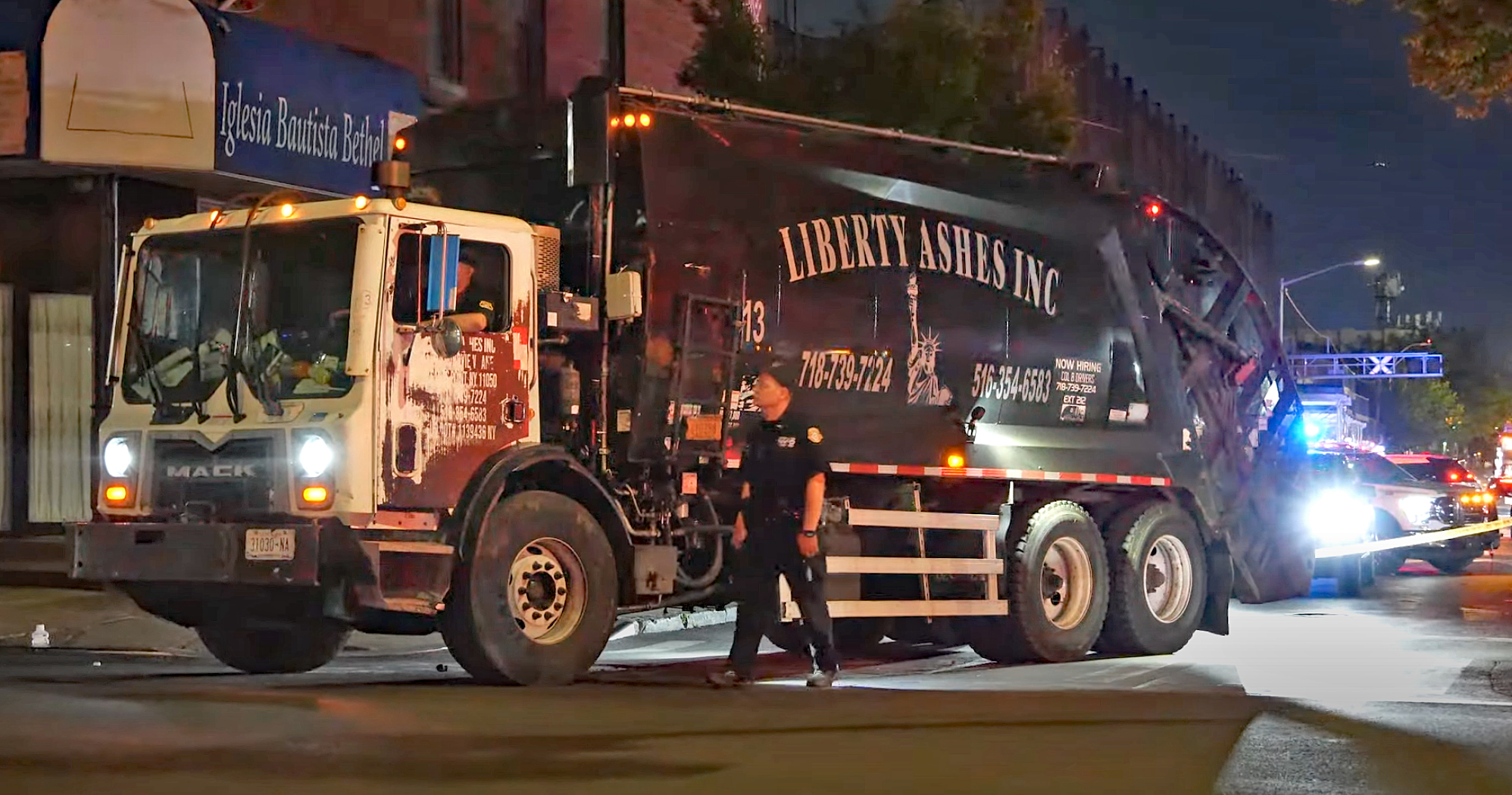Add Federal Transit Administrator Peter Rogoff to the list of people saying that it's premature to declare victory over the House's attempts to cast transit into the abyss. Rogoff knows a thing or two about transportation bills: He was an aide on the Senate Transportation Appropriations Subcommittee for 20 years, during which time the federal government passed three long-term transportation laws.
Until they show us something different, said Rogoff, the same old House bill -- the one that cuts off all dedicated revenue streams for transit programs -- is still the one before us. And since the House has yet to bring forward any concrete alternatives, it presents "an incredibly fluid and dangerous situation, especially since our highway trust fund programs are scheduled to expire in three weeks."
The House bill "deliberately puts public transportation on a starvation diet, forcing it to survive on the most controversial of funding proposals," like oil drilling, according to Rogoff. "And I'm talking about what the House bill does, not what the House bill did."
"We spend a great deal of time talking to each other, but we're in a fundamental fight now for our own survival," Rogoff said. "I don't think we've won the fight on the trust fund. We haven't won anything. The only thing that's happened is that the expiration of our program has grown weeks closer."
Support for mass transit has been enshrined in federal law since Ronald Reagan signed the Surface Transportation Assistance Act of 1982, which raised the federal gas tax for the first time since 1959 and directed a portion of the proceeds to fund transit. Since then, Rogoff surmises, the transit industry has gotten complacent.
"We've never had to have the discussion about why we are there in the name of a balanced transportation system," Rogoff said. "I'd be willing to bet that of the 535 members of House and Senate, less than a dozen were in office when Reagan signed transit into the trust fund. That gives us 520-plus people to educate." (The real number is well over a dozen, in fact closer to 40, but it doesn't change his point.)
The result is a Congress that never truly internalized the rationale for supporting transit, and therefore sees it as as a superfluous nice-to-have rather than a hard-fought and well-deserved component of federal policy. "We need to talk to each and every one of them. We need to stop just speaking to our friends."





